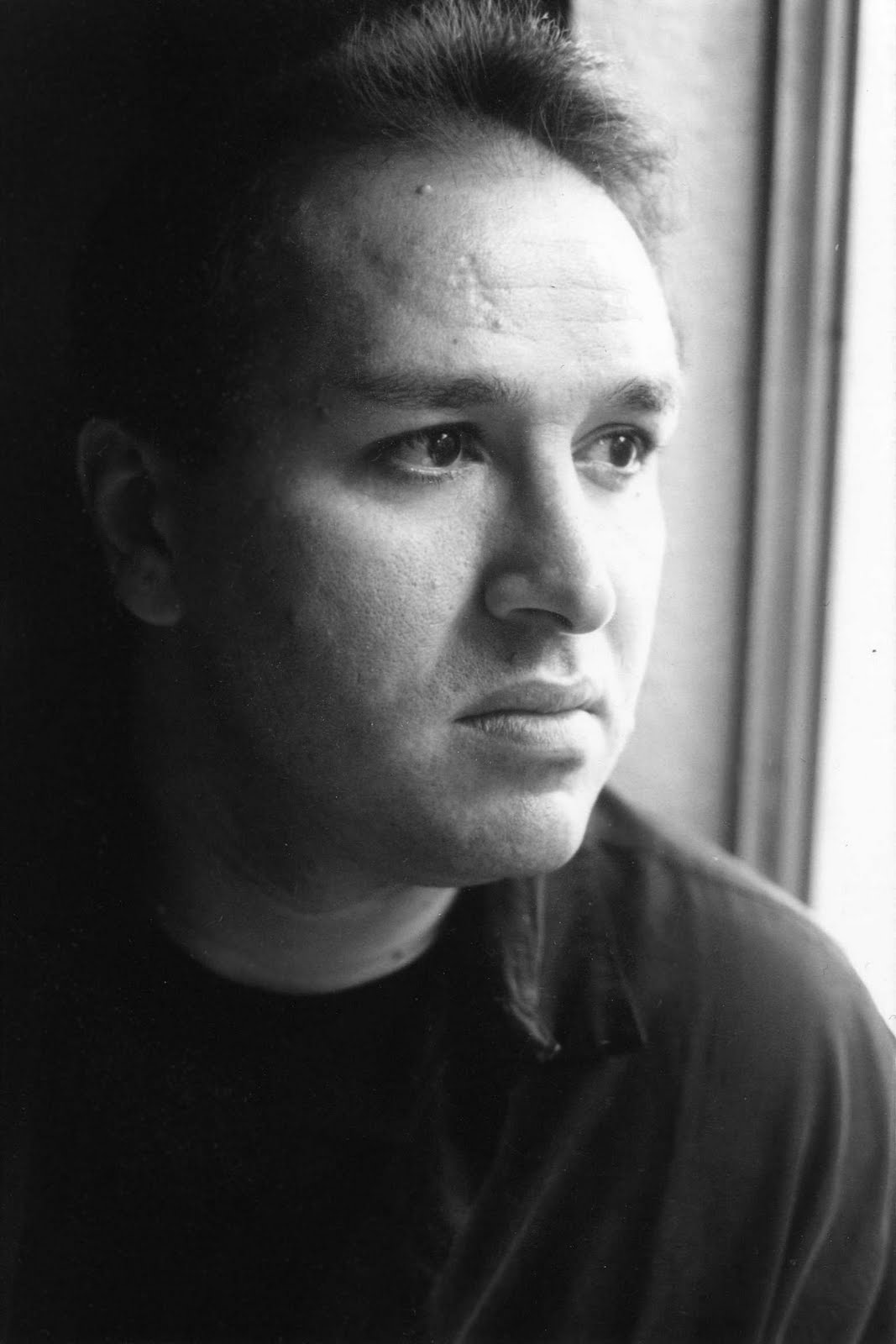From Libya to the Academy of American Poets—By Way of Tennessee
Khaled Mattawa has been named co-chancellor of the nation’s largest nonprofit poetry organization
Poet and translator Khlaled Mattawa left Libya when when he was fourteen, the year after Muammar Gaddafi’s forces began hanging “traitors” in the public square of Benghazi, Mattawa’s home city. Mattawa settled in Chattanooga, where he later graduated from UTC before going on to study creative writing at the University of Tennessee in Knoxville. In the years since, his commitment to both his homeland and to poetry has not waned.He is an award-winning poet and translator, and during the Arab Spring he became the unofficial voice of the Libyan diaspora. Now, as a chancellor of the Academy of American Poets, he will be a spokesperson for the art of poetry itself.
 The position is an honorary one, and it has been held by some of the most memorable poets of the last century: Marianne Moore, W. H. Auden, Elizabeth Bishop, Lucille Clifton, Adrienne Rich, Yusef Komunyakaa, and John Ashbery, among others. According to a press release by the AAP, Mattawa—and his fellow co-chancellor, Alberto Ríos—”will consult with the organization on matters of artistic programming, serve as judges for the organization’s largest prizes for poets, and act as ambassadors of poetry in the world at large.”
The position is an honorary one, and it has been held by some of the most memorable poets of the last century: Marianne Moore, W. H. Auden, Elizabeth Bishop, Lucille Clifton, Adrienne Rich, Yusef Komunyakaa, and John Ashbery, among others. According to a press release by the AAP, Mattawa—and his fellow co-chancellor, Alberto Ríos—”will consult with the organization on matters of artistic programming, serve as judges for the organization’s largest prizes for poets, and act as ambassadors of poetry in the world at large.”
According to Academy Chancellor Marilyn Hacker, Mattawa “is one of the best, most inventive, lyrical and intellectually challenging American poets of his generation. His work is as daring in its amalgam of poetic techniques as it is dazzling in the breadth of its subject matter.”
Read more about Mattawa’s new honor here. To read a poem by Mattawa about the Libyan revolution, click here.
For more updates on Tennessee authors, please visit Chapter 16’s News & Notes page, here.

